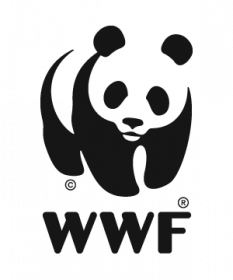Community-based natural resource management (CBNRM) is a widely implemented conservation intervention that seeks to empower local communities to manage and derive benefits from natural resources. Since the 1980s, CBNRM has proliferated rapidly, particularly in southern Africa, Asia, and South America. Despite the rapid expansion of both community-based interventions and studies examining these interventions, the evidence base describing what works, what doesn’t, and why remains limited. Integrated conservation and development programming, like that implemented by the CARE-WWF Alliance, also lacks systematic evidence about what works, what doesn’t, why and how.
WWF is seeking a motivated intern to analyze data on how community conservation and development efforts in Mozambique (led by the CARE-WWF Alliance) have influenced household well-being. The successful candidate will focus on exploring the food security and wealth impacts of community-managed fisheries, forests and mangrove interventions, using time-series quantitative household surveys (triangulated by qualitative data.)
The key research questions are:
- What impacts have community-managed fisheries, mangroves, and forests had on community food security and wealth?
- How do impacts vary… between female and male-headed households? …and between communities that participated in both CBNRM and development interventions compared with those that participated in one, the other or none?
- Data organization and management (including harmonizing codebooks across surveys);
- Statistical analysis of quantitative social data to document patterns and trends in human well-being prior to, and after a portfolio of conservation and development interventions;
- Time permitting, collaboration with qualitative social scientists to triangulate quantitative findings with qualitative data from focus group discussions; and
- Drafting a succinct, technical, scientific report and at least one brief for a more general audience to communicate key findings.
- This position requires strong quantitative data management and statistical analysis skills, with demonstrated experience handling scientific datasets.
- Demonstrated experience with quantitative social science data wrangling and statistical analysis (e.g., general linear models) in R is essential.
- Familiarity with econometric techniques and causal inference preferred. Good written and verbal communication skills are essential.
- The successful applicant will be able to work independently, as well as part of a dispersed, interdisciplinary team.
Compensation: For graduate school credit. Applicants must be enrolled in a relevant Masters or Ph.D. program and be able to obtain academic course credits from their university.
Internship dates: The Social Science Analysis Intern is a part-time position starting in January. The internship length and weekly level of effort (LOE) is negotiable for the right candidate; the internship’s minimum duration is 12 weeks and minimum LOE is 240 hours.
